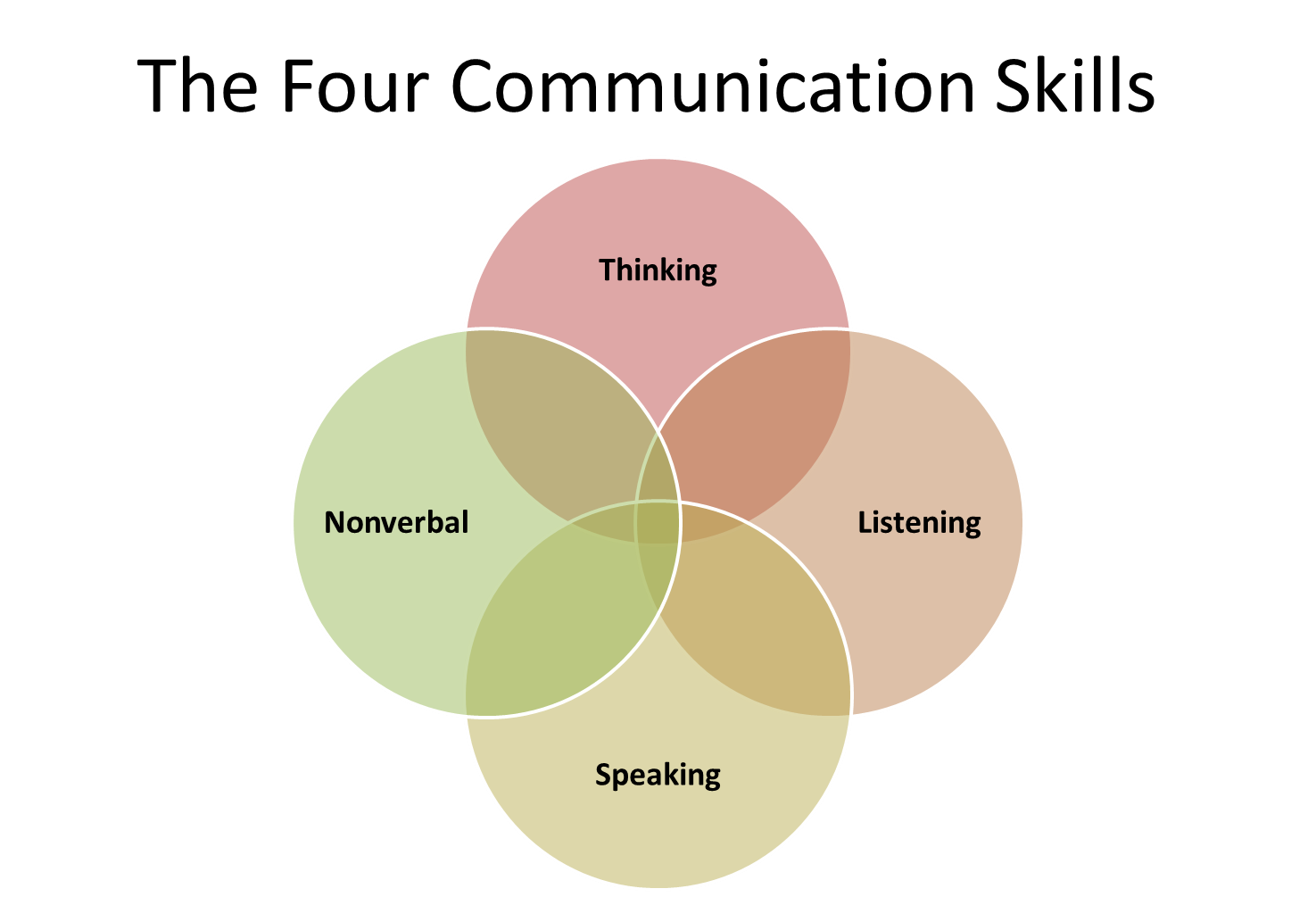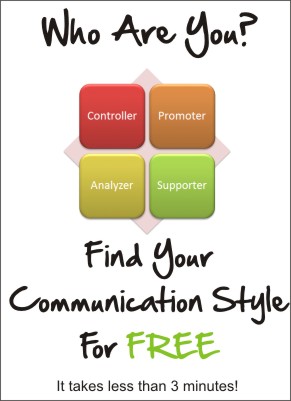
Communication Skills
Communication skills (or the lack of communication skills) can have a large impact on your success in both your business and personal life. Communication skills learned at an early age will provide you with the skills that you need to interact successfully with a wide variety of people and situations, while a lack of communication skills will make it more difficult for you to get what you want out of life. Here are the four major communication skills and how they impact your ability to communicate effectively. Communication Skill #1 - ThinkingYou may not recognize thinking as being a communication skill, but having a clear idea of symbolic internal reality (see the definition of communication) you want to convey to another person or group of people is the beginning of effective communication. If you don’t have the idea straight in your own mind, don’t be surprised if others get a different idea from your communication than what you thought you intended to say. Communication Skill #2 – ListeningEffective listening allows you to enter the reality of the other person and understand what their internal symbolic reality is. Only when you do this are you able to communicate effectively by understanding what they are sharing with you, even if it is very different from your personal perspective. You can’t truly communicate with someone else of you don’t understand their internal reality. Communication Skill #3 – SpeakingThe third communication skill that leads to effective communication is your selection of words and the voice tones that you use when you speak them. While this may the part that most people concentrate on, research has revealed that nonverbal communication has more impact than the actual words that you use. In fact, the nonverbal portion of the communication can actually change the meaning of the words that you say. Communication Skill #4 – Nonverbal CommunicationNonverbal communication is the communication skill that usually receives little thought
because it happens automatically. We actually learn to communicate nonverbally at a very young age ( a baby
crying) and are able to communicate quite effectively using only nonverbal communication.
|
Copyright © 2008-2013 • • 800-788-2068

 Facebook
Facebook Twitter
Twitter Stumbleupon
Stumbleupon

